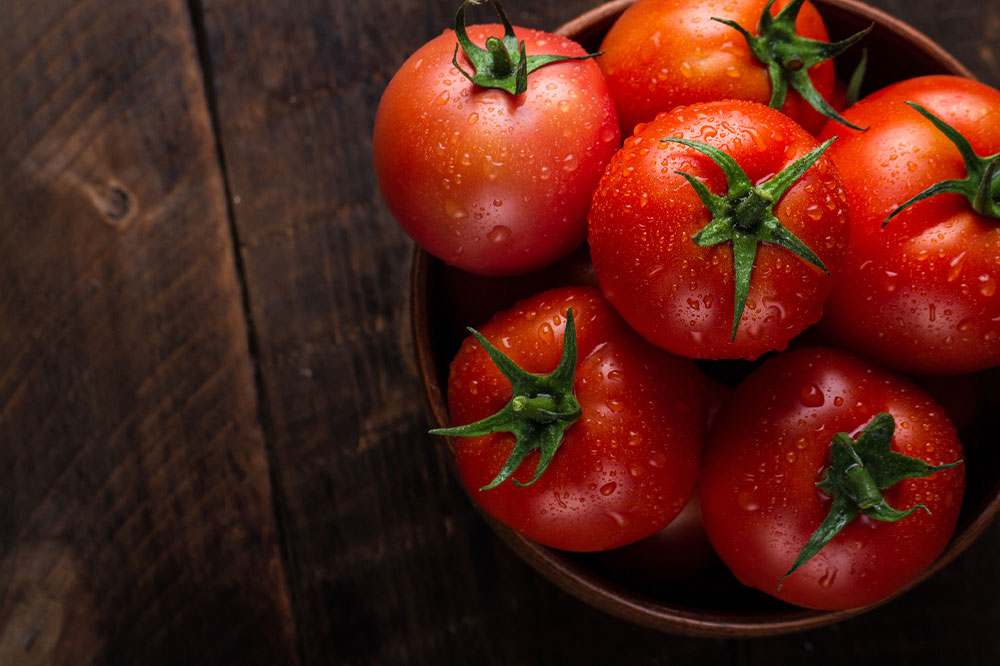Prostate Cancer – Safe Foods and Harmful Foods

Prostate cancer is one of the most prevalent cancers in males but is treatable in the early stages. Experts are unsure what triggers the condition, but the risk aggravates with age. Knowledge of the symptoms can help with early diagnosis and treatment. In addition, some foods amplify your risk while others help with management and control. Read further to know the warning signs of prostate cancer and foods that worsen or reduce one’s risk.
Prostate cancer early warning signs
Weak or slow urine flow
Usually, people experience trouble urinating as they grow older. But it might not necessarily be because of prostate cancer. However, if you experience weak or slow urine flow or the urine stops and start without you being able to control it, it is advised to get your prostate examined.
Frequent urge to urinate
A prostate tumor can exert pressure on the urethra and the bladder. So, if you experience an urge to urinate more, especially at night, please undergo a prostate examination.
Burning or painful urination
It is known as dysuria and is prevalently associated with urinary tract infections (UTIs), but it can also indicate prostate cancer.
Blood in the urine
Hematuria is a common sign of prostate cancer and can be linked to several other health issues, such as a UTI, but it always helps to get it checked.
Prostate pain
A rare but early warning symptom of prostate tumors is unexplained pain in the prostate, especially when you sit down. It might also indicate prostate infection; however, only a urologist can confirm the underlying cause.
Loss of bowel or bladder control
Both fecal or urinary incontinence can happen with age, but it might also hint at a severe medical condition. So, if you are experiencing difficulty controlling your bowel movement or bladder leakage, you must speak to your doctor.
Numbness or pain
As cancer advances, it can cause pain in the chest, hips, or lower back. Some men might also experience numbness in the feet or legs. However, most people get a diagnosis before the condition aggravates to this level. Furthermore, numbness and pain can also signify various other health issues.
Foods to manage prostate cancer
Some safe foods that can boost your prostate health are discussed below.
Tomatoes
Tomatoes contain lycopene, a powerful antioxidant that guards the cell against damage. Studies suggest that lycopene-rich foods can lower your risk of developing prostate cancer. Lycopene can reduce cell damage and slow down cancer cell production. Since lycopene is bound tightly to the cell walls in raw tomatoes, your body might find it difficult to extract it. Thus, pureed or cooked tomato products are a better alternative. These include tomato juice, sun-dried tomatoes, spaghetti sauce, and tomato paste.
Broccoli
Broccoli contains complex compounds that can help protect some people from cancer. Some clinical trials reveal a link between the number of cruciferous vegetables you eat and a lower prostate cancer risk. The reason is not evident, but experts link it to the phytochemicals like sulforaphane in these vegetables. Sulforaphane selectively targets and kills cancer cells without hampering healthy cells.
Green tea
People have long been using green tea for its multiple health benefits. Green tea compounds, such as epicatechin, epigallocatechin gallate (EGCG), and xanthine derivatives, can reduce prostate cancer risk by affecting hormone signaling, cell death, and tumor growth.
Berries
Blackberries, raspberries, blueberries, and strawberries are known for their high antioxidant content that can help remove free radicals from the body. These free radicals are the by-products of the reactions in the body and can trigger disease or damage with time.
Nuts
Nuts contain healthy fats that can reduce your cholesterol and help promote brain health. They are the best go-to snack and are convenient and portable to give you energy on the go. Brazil nuts are rich in calcium and vitamin E and also contain selenium. Studies reveal that selenium can help combat prostate cancer. One nut caters to more than 100% of the daily selenium requirement, but excess selenium can be harmful. So, remember always to eat this in moderation. Other excellent nuts for men include walnuts, almonds, and pecans.
Worst foods for prostate cancer
While some foods are safe for prostate cancer, certain foods can deteriorate your prostate health. Therefore, these foods must be avoided while dealing with the condition’s symptoms. A few such foods that are considered unsafe for prostate cancer patients are listed below.
Caffeine
Caffeine functions as a diuretic. It increases how much, how urgently, and how often you pee. Cutting back on chocolate, soda, tea, and coffee can help fight prostate cancer symptoms.
Fried foods
Greasy and fried foods like fries and donuts elevate one’s prostate cancer risk. Some studies suggest that a larger intake of fried foods can aggravate your risk of prostate cancer by 35%. They contain carcinogenic compounds, such as polycyclic aromatic hydrocarbons and heterocyclic amines, which develop in the oil when heated at high temperatures.
Dairy
A nutritional regime rich in dairy products and dairy-based calcium can also aggravate the risk of prostate cancer. For instance, a fifty-gram cheese serving can increase prostate cancer risk by 9%. It is also because milk increases the insulin-like growth factor in the body, and eating high-fat dairy products can put you at risk of benign prostate disease.
Saturated fats
Saturated fats have very few benefits and are linked to various cardiovascular diseases. However, certain studies suggest they are not ideal for prostate health. These studies reveal a connection between high saturated fat intake and an increased prostate cancer risk. Saturated fats are present in pastries, butter, coconut oil, cheese, and palm oil.
Acidic and spicy foods
These foods can inflame the prostate and bladder, increase the risk of primary urinary symptoms in men, and reduce prostate health. Hence, you must monitor your hot sauce, chili, and curry intake.